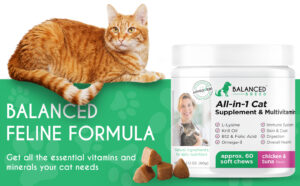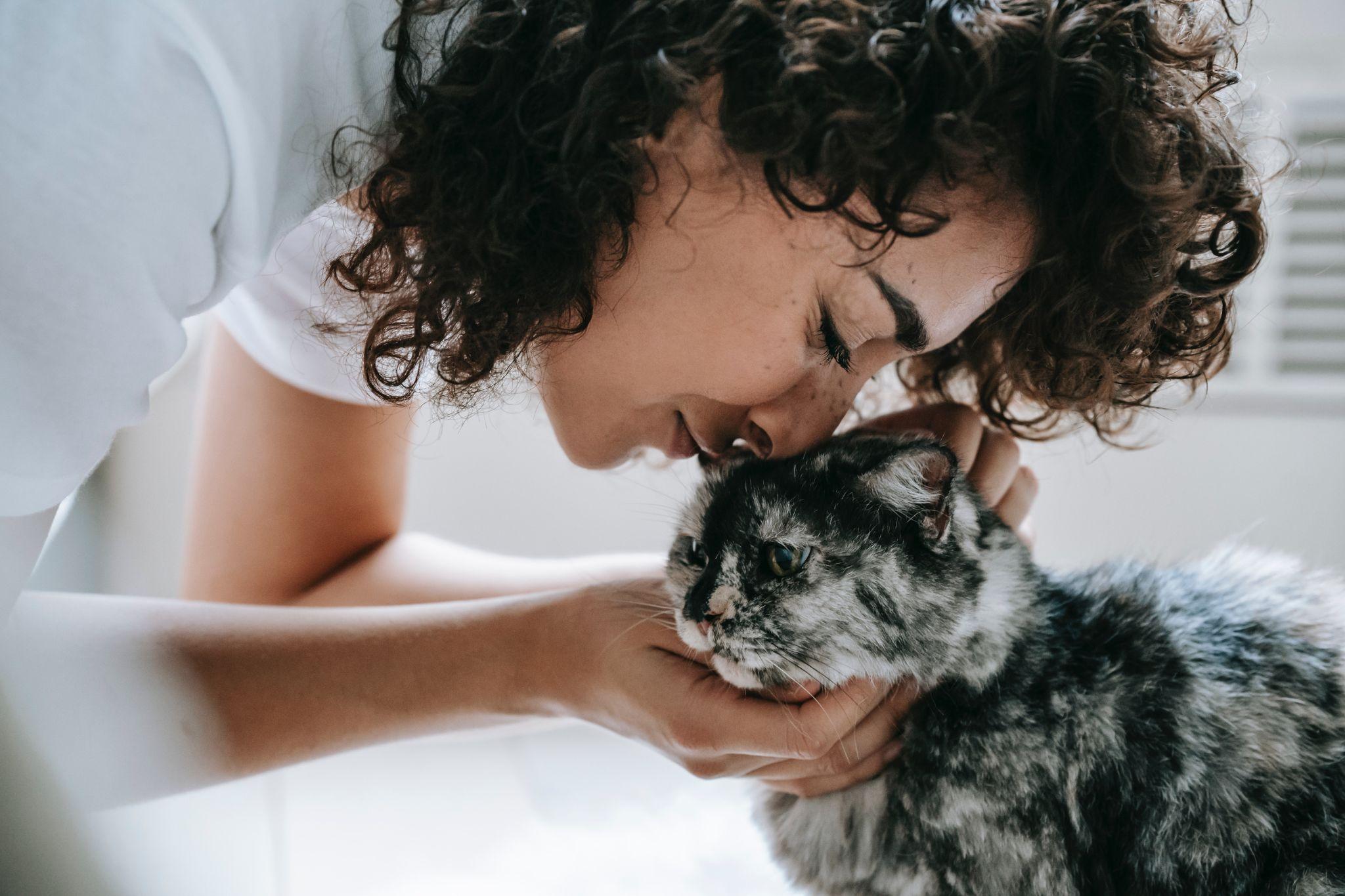As a cat owner, you will likely have to deal with many different aspects of your pet’s health and behavior as they age. While some cats are easygoing and require little attention, others can be more demanding or even aggressive. Regardless of what type of cat you have, there are some basic things every owner should know about caring for an older cat:
1. You should do regular wellness exams with a vet.
Regular wellness exams with a veterinarian are important to maintaining your cat’s health. At every visit, your vet will check for signs of pain, illness, or injury, dental disease; and signs of cancer.
Your vet may also recommend tests and treatments if you notice any changes in your pet’s behavior or physical condition. To avoid your cat needing to go into surgery for a severe health issue, such as heart failure, it’s always good to make sure your cat is getting regular vet check-ups.

2. Senior cats should be eating a special type of food for their age and health needs.
If you have a senior cat, it’s important to feed them food made for their age and health needs. Senior cats need more calories, protein, fat, and vitamins A and D. They also need less calcium and phosphorus (which can be found in bones), as well as less sodium a mineral that’s necessary for nerve function and blood pressure regulation throughout the body.
Because older cats tend to lose weight as they age, make sure to increase the amount of food given at each mealtime by about 10 percent per year until your pet reaches about 10 percent over its ideal body weight (about two pounds). In addition, your senior cat should be taking a multivitamin. Balanced Breed makes a great all-natural multivitamin that helps senior cats with any joint problems that are being developed and weight management just to name a few.
3. Older cats may need more attention than they used to.
As cats get older, they may need more attention than they used to. They might not be as active as they used to be, or maybe you feel like your cat is being clingy and doesn’t want to leave your side. Whatever the reason for this change in behavior, it’s important that you take notice so that you can address it appropriately!
If your cat has physical issues such as arthritis or an injury (such as a broken leg), then his mobility will likely decrease over time. This means that he’ll need help getting around when he needs it: either through medication or physical therapy sessions with a professional trainer who specializes in helping elderly pets recover from injury/illness. Some cats also find it difficult eating because their teeth have become prone due to old age; while others simply prefer softer foods like canned food instead of whole meatballs because their teeth have worn down over time making chewing harder than normal.”
4. Your senior cat will benefit from a routine.
A regular routine is an excellent way to care for your senior cat. It will help keep them healthy, happy, and comfortable in their surroundings.
If you have a kitten or young cat that has been litter box trained, you can use the same method with your senior cat. The only difference is that it may take longer since they’re bigger than kittens and need more time for the transition from box training to using litter boxes (which are usually much larger). However, when done correctly, it can be very effective at keeping both cats’ minds occupied while also providing them with some peace of mind as they age into more senior years.
5. You should continue to groom your cat as they age.
Your cat needs to be regularly groomed. It is important for them to have a clean and healthy coat. Grooming also helps keep them in good physical condition and can help reduce behavioral problems like hairballs or matting. If you are unable to groom your cat yourself, ask a professional groomer or groomer-in-training (or at least someone who has experience with cats) if they would be willing to take on the task of grooming your feline friend.
You should brush your cat every week unless they have been declawed or have other medical conditions that prevent them from being handled by humans. Check in with the veterinarian first before brushing too often!
6. If you care for a senior cat, there are some basic things you can do to make sure he gets the best quality of life possible in his later years.
If you care for a senior cat, there are some basic things you can do to make sure he gets the best quality of life possible in his later years.
- Senior cats need more attention and love than younger ones—they’re much less active and have fewer opportunities to explore their environment. This means that if your elderly feline is left alone all day long, they might become bored or restless (and thus agitated). Instead of leaving them alone for long periods at home during the day, try getting them up early so that they have something new to look forward to each day (like going outside).
- If your older pet doesn’t get out much on their own anymore because they’re fragile and easily injured or stressed out by being away from home too often, then it’s important make sure they’re getting regular vet visits regularly too just like young ones do! They need all the support and extra love.
7. A senior cat may benefit from supplements.
To find out if a supplement is right for your senior cat, talk to the veterinarian about which ones would be most beneficial. Your vet can also recommend brands of supplements based on what you’re looking for in terms of ingredients and dosages—for example, certain types of enzymes may be more effective than others at supporting specific functions within the body (such as clearing toxins). Balanced Breed vitamins are made with all-natural ingredients and approved by vet pharmacists. They have all the right nutrients such as Lysine, Krill Oil, and B12 to help your senior cat feel their best as they continue to age. Head over to their website to receive 20% off your first order and learn more about why thousands of senior cat parents love giving their cats this multivitamin.

